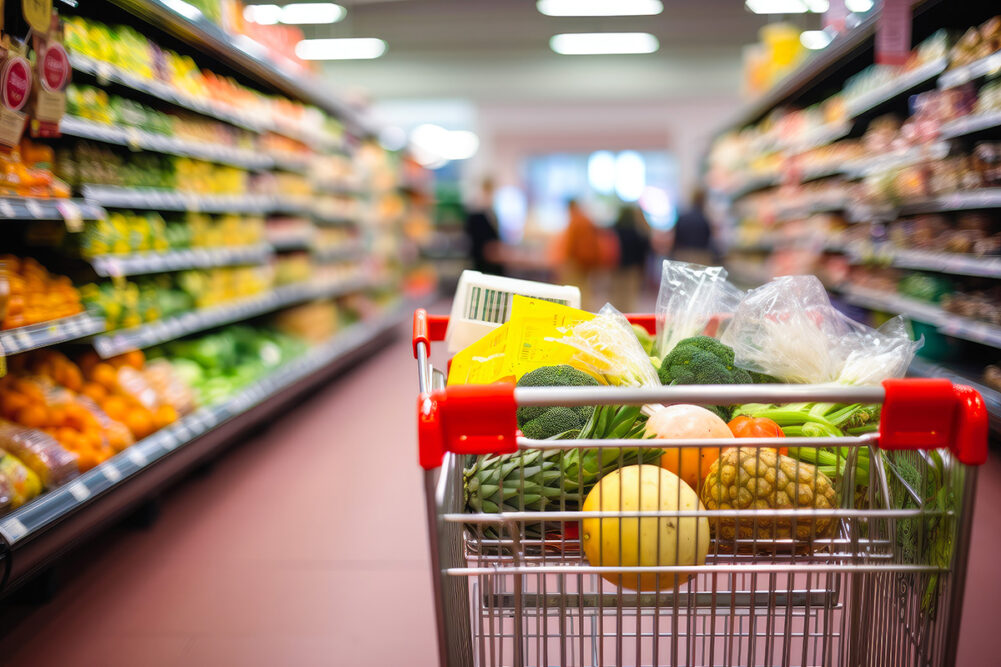Some changes to food safety regulations and processes that could be afoot following full deployment of FSMA Section 204 include a more risk-based approach to food safety management that prioritizes resources and interventions based on the level of risk posed by different types of food products and production processes.
There would also likely be efforts to harmonize food safety regulations with international standards, which would facilitate trade while ensuring consistent levels of safety for imported and exported food products. And, given trade group support for an extension of the roll out (see sidebar), the industry may launch public awareness campaigns to educate consumers about food safety risks and how to minimize them.
High on the list of FDA efforts is the move toward product-level traceability, according to several experts.
“The food traceability rule ends at the receiving dock of Retail Food Establishments. With Sunrise 2027, the global supply chain initiative to move to two dimensional barcodes that carry more information, improvements in technology, and consumer demand, one could imagine traceability extending to the item instead of the shipment, pallet or case,” said Andrew Kennedy, principal traceability advisor for iFoodDS, a food safety management solution provider.
Companies in the extended fresh food supply chain are working hard to address what comes next in food safety. Trading partners are embracing emerging technologies, enhancing regulatory compliance and fostering a culture of transparency and accountability, so all stakeholders can better navigate the complexities of the modern food supply chain and uphold the highest standards of safety and quality.
“The supermarket industry has devoted many resources towards guidance and best practices for retailers and wholesalers to use within their facilities and with their suppliers,” said Laura Strange, chief communications and engagement officer and senior vice president at National Grocers Association. “Moving forward there will be a need for additional collaboration to develop a more practical framework that ensures industry compliance while maintaining our commitment to food safety and illness prevention as top priorities. NGA and independent community grocers across the country are fully committed to working collaboratively with industry partners and government to address ongoing concerns and developing common sense solutions.”
This article is an excerpt from the May 2024 issue of Supermarket Perimeter. You can read the entire FSMA 204: Navigating the Future feature and more in the digital edition here.

